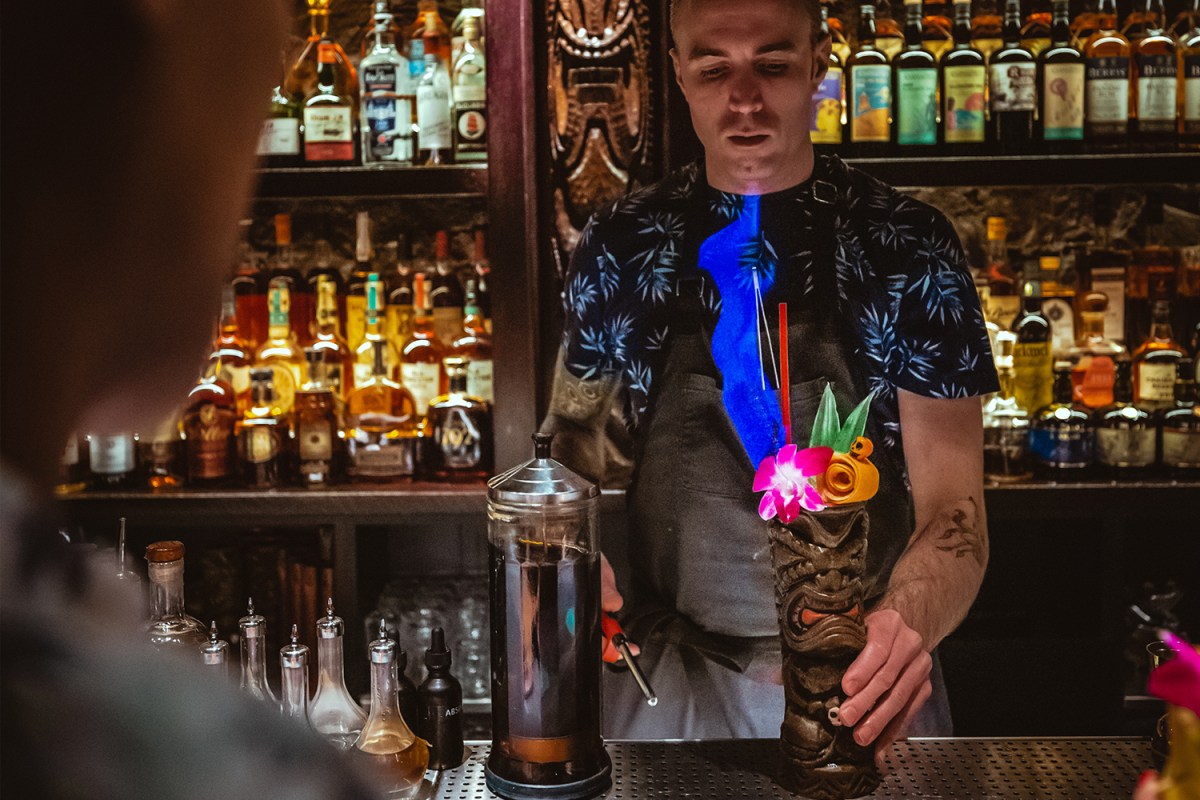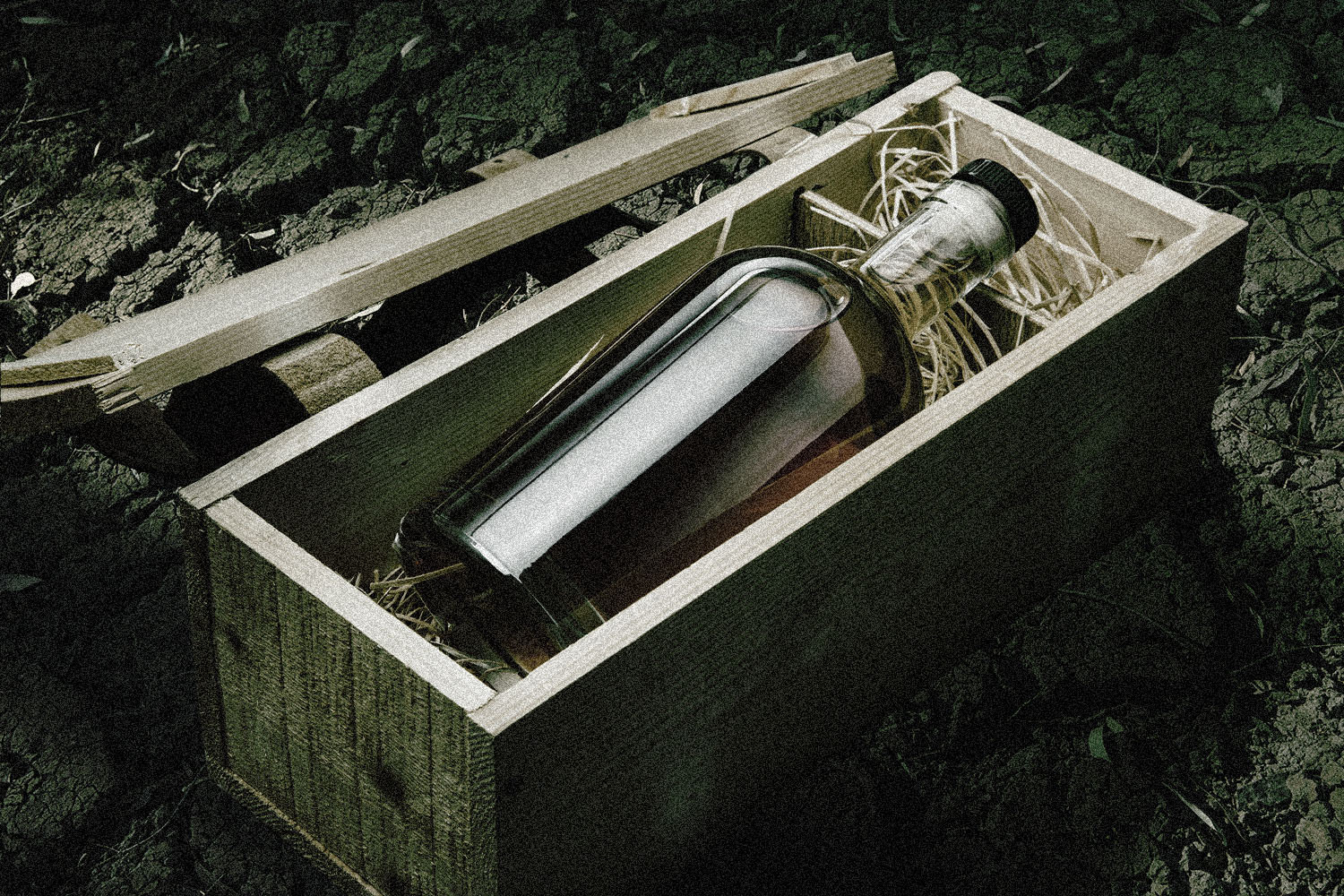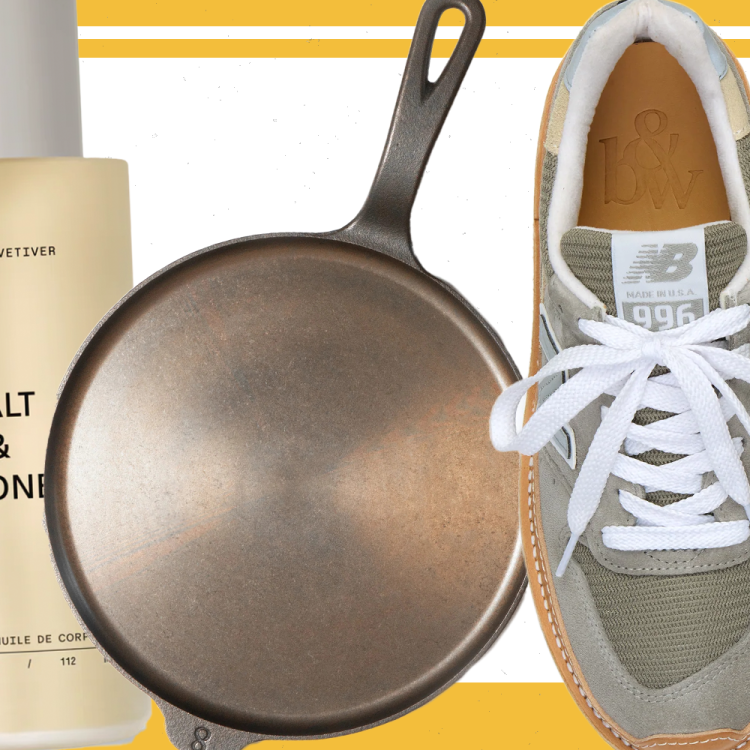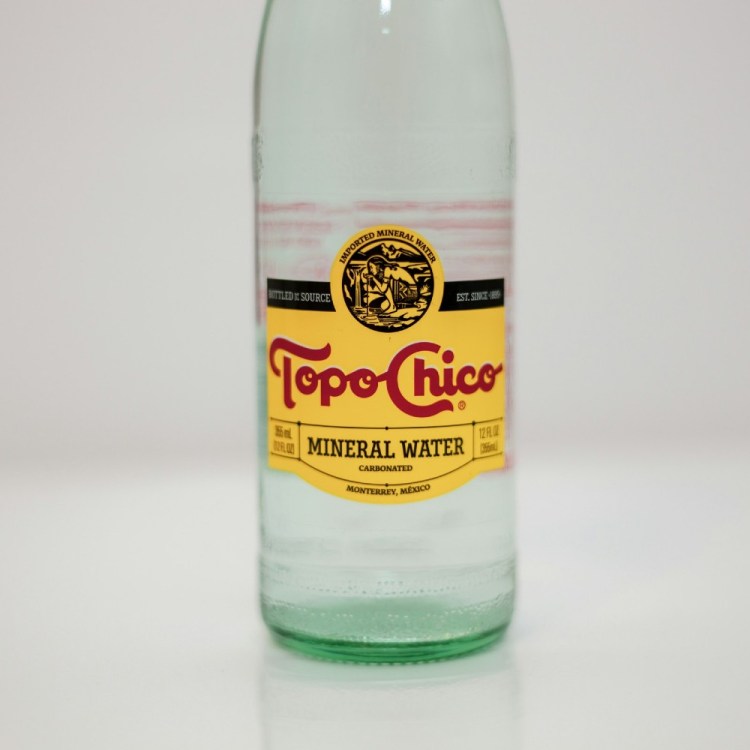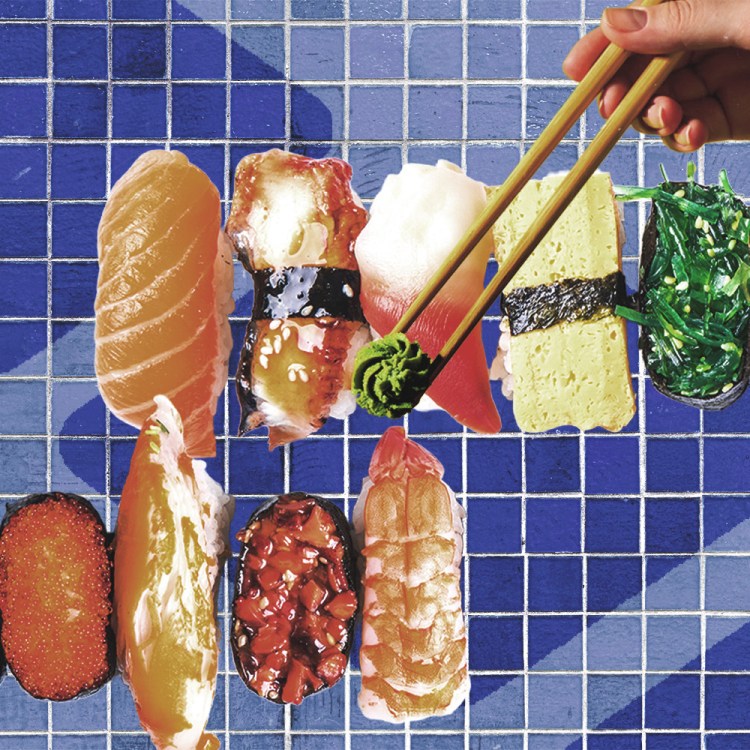Sother Teague is a man used to wearing many hats. The former chef is the beverage director at Manhattan’s Amor y Amargo, co-host of the Speakeasy podcast and author of I’m Just Here for the Drinks.
But in the last year, Teague’s delivered cocktails by scooter, sold Fernet-cured salmon, led online classes and even designed custom sneakers and a puzzle. It’s all a part of what he sardonically calls “#Pivot,” adding “I hate #Pivot.”
Now, with winter in full force, bars across the country are faced with another #Pivot moment, and a potentially uncertain future. To survive, many are becoming something else entirely.
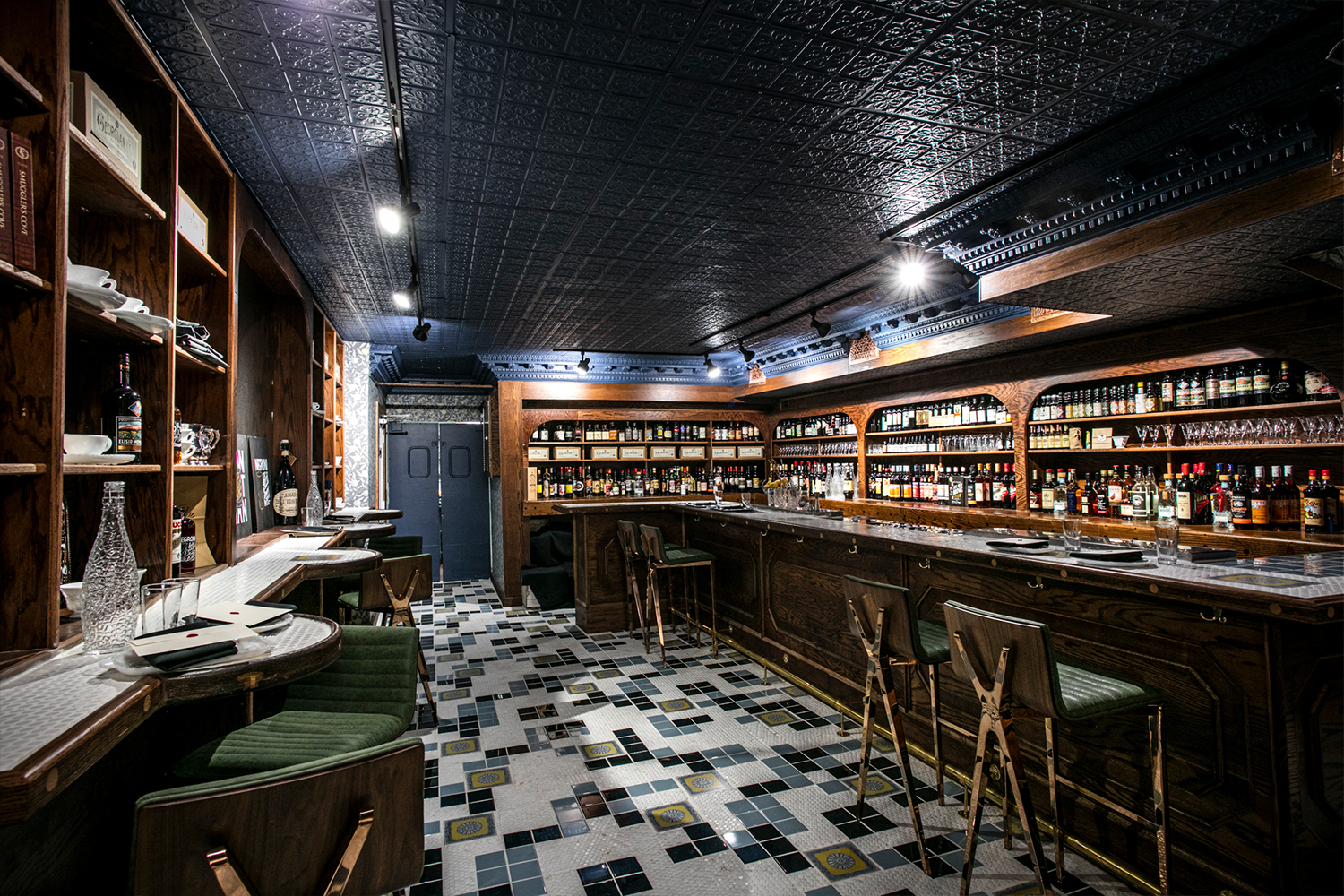
In Amor y Amargo’s case, that meant splitting the business into three different ventures. The original bitters-focused bar lives on as an outdoor cafe with heating and enclosed structures for winter. The space next door is now General Store by Amor y Amargo, selling bitters, bottled cocktails, barware and more. And behind the retail space was Reserve by Amor y Amargo, where two seatings of eight guests per night could enjoy a tasting menu of cocktails paired with plant-based fare from a former ABCV executive sous chef (shortly after its launch, the concept was closed following New York’s suspension of indoor dining on December 14th).
Teague says that revenue is down 50% while labor costs have doubled, but feels confident that this latest pivot will help the business survive winter. However, he questions whether it should be open in the first place.
“Frankly, I wish they’d remove us from the ‘essential business’ list and shut us down,” Teague says. “Landlords see that we are allowed to operate and rightfully demand rent payments. If we were shut down, we’d have more negotiation leverage. Currently we’re scraping by to get them paid. It’s a bit demoralizing for my team to work harder and harder for less and less.”
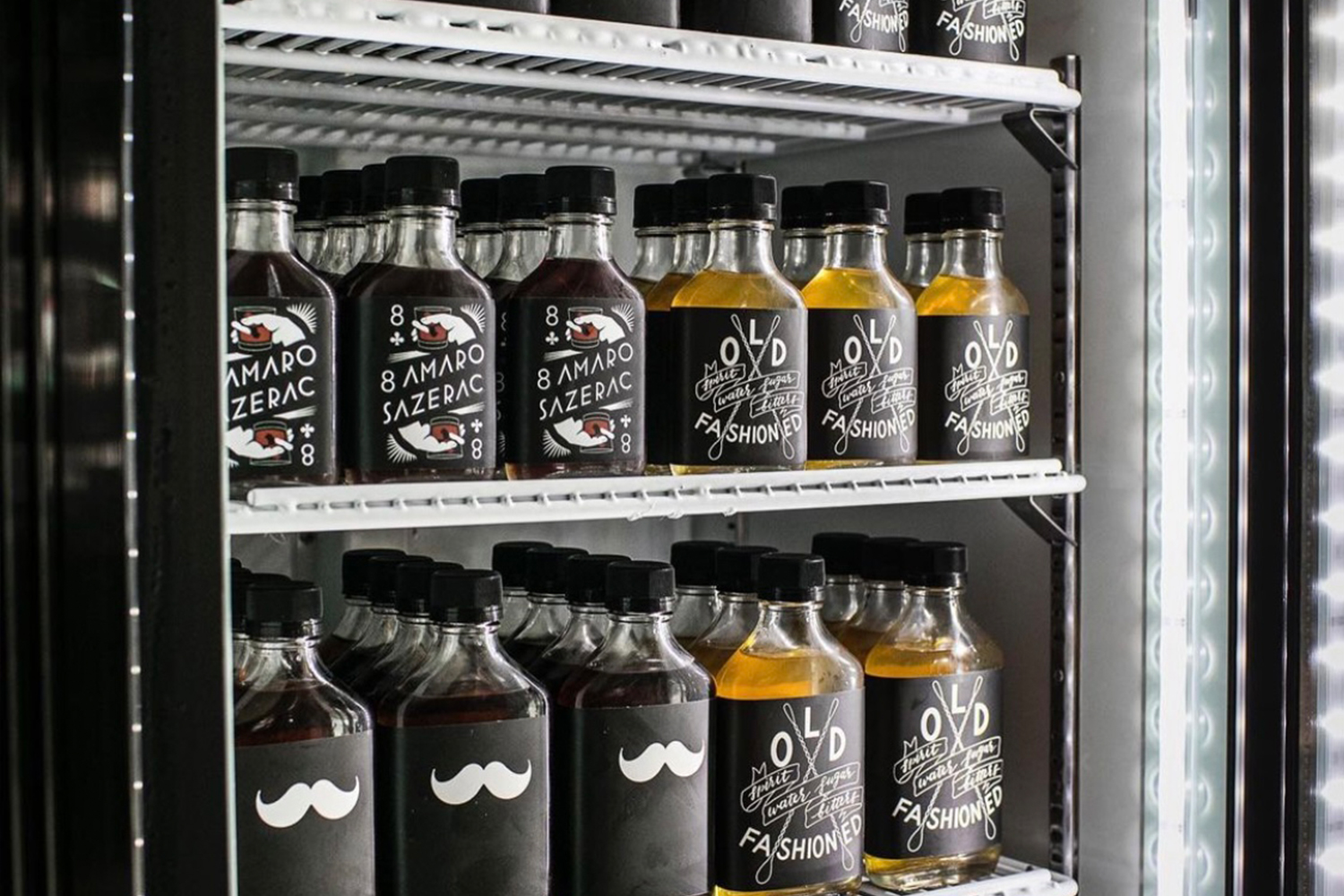
When Portland Hunt + Alpine Club co-owner Andrew Volk learned his city was extending outdoor dining through January 4th, the next move for his business was clear.
“We’re a Scandinavian-inspired bar in Maine. If we can’t do outdoor dining and make it fun, what are we doing in this business?”
With his business partner and wife Briana, Volk launched Base Camp at Hunt + Alpine, winterizing their patio with warm, holiday-themed cocktails, heaters, HotHands and blankets. It was an extension of what started as Camp Hunt + Alpine over the summer, when the patio had a summer camp theme and s’mores pudding.
Volk says both initiatives received a great community response, but the patio seated just 30 guests, a far cry from the 65-70 seats in the bar’s interior. Though the state currently allows establishments serving seated food and drink to host up to 50 guests indoors, Volk never saw inside service as an option.
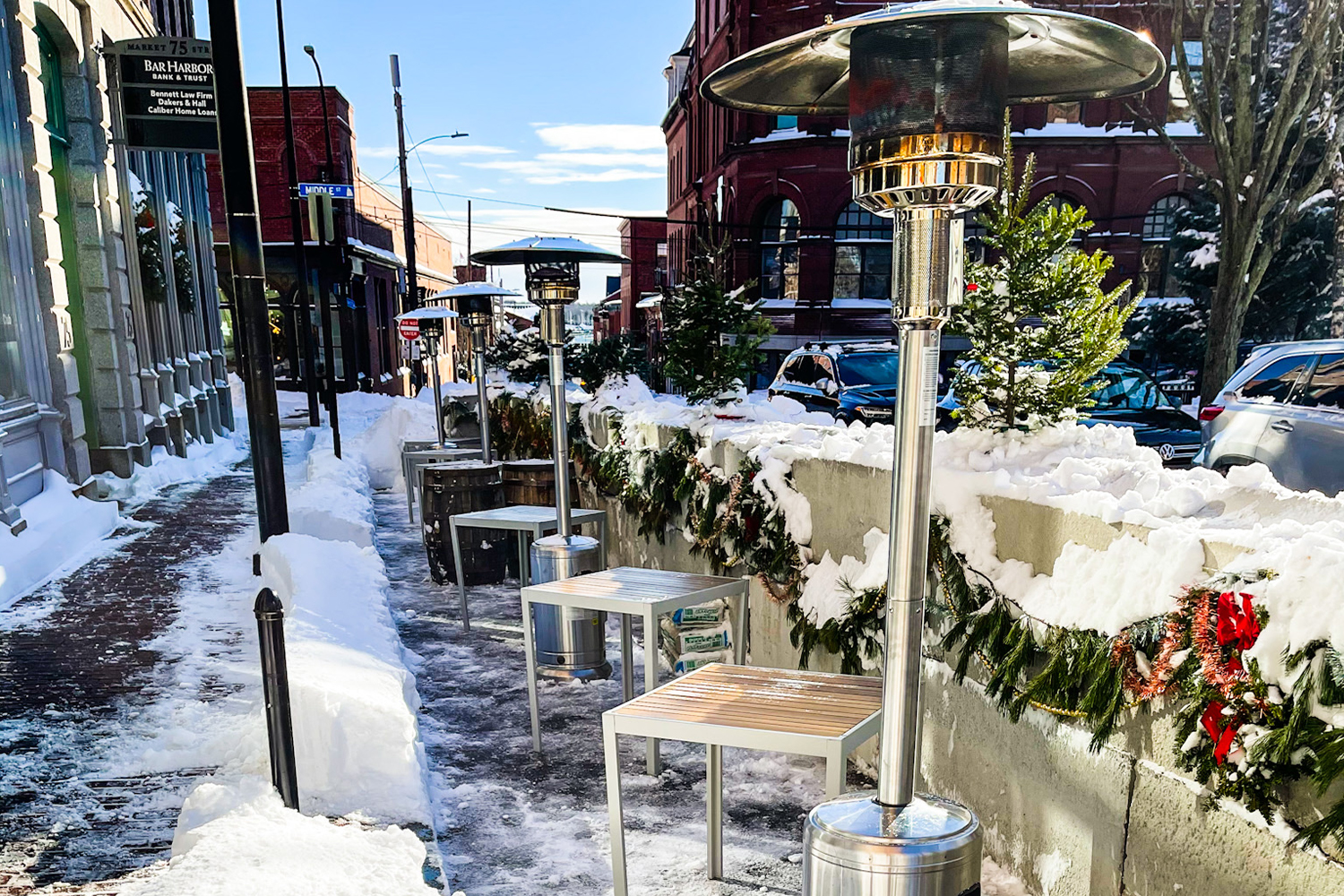
“When I started as a busser 15 years ago, the thing you learn on day one is: wash your hands, don’t get the guests sick. That’s drilled into your head, whether you’re in the kitchen or front of house. And in my mind, where we are now is an absolute extension of that,” he says.
However, Volk realized that even the flintiest of Mainers wouldn’t want to sit outdoors in January, February and March. After New Year’s, the business contracted to a 50-square-foot retail shop inside the bar. Within, shoppers can browse refrigerated cocktails to go in addition to wine, tinned fish, prepared foods, branded clothing and even a pretzel puzzle. Volk also plans to make deliveries in Portland, and possibly to nearby ski areas.
Though Portland Hunt + Alpine Club’s revenue has declined 60 percent from the same time last year, Volk believes his business will see it through thanks to support from patrons and assistance from local and state government. But he’s highly critical of the federal response, and advocates for the passage of the RESTAURANTS Act, which would establish a $120 billion fund to assist small restaurants and bars affected by the pandemic.
“Myself [and] my business are fortunate to be in a position where we can say, ‘We’re not going to make money, but we’re not going to go out of business.’ There are other places out there where their choices are risk the chance of infecting someone and potentially killing someone or lose your livelihood. And that’s an awful choice to be in.”
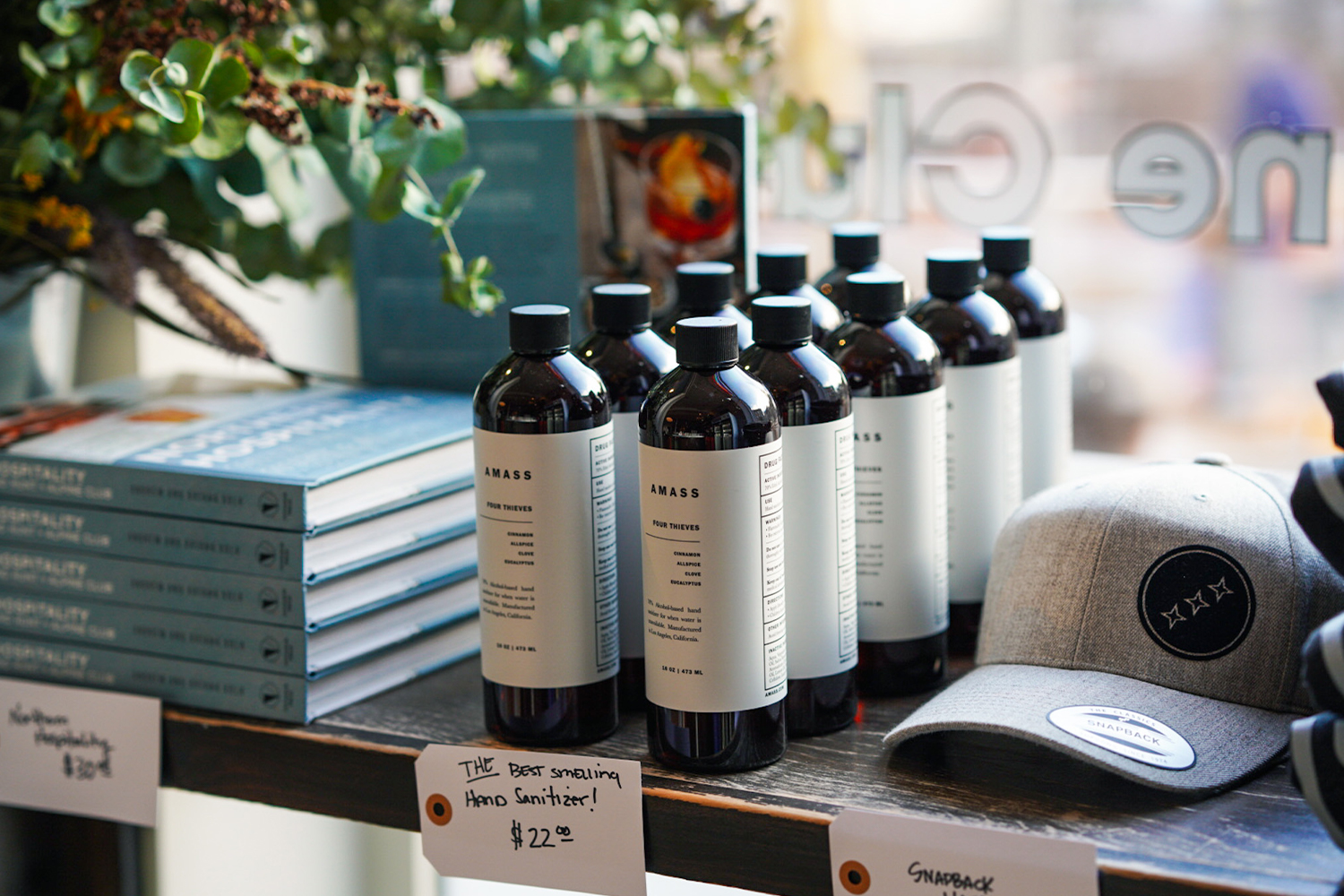
In Chicago, where indoor dining is currently prohibited, speakeasy-style tiki bar Three Dots and a Dash has learned to reinvent itself multiple times.
“It’s an ever-changing situation and climate here,” says beverage director Kevin Beary. “Any given week you can be pivoting from indoor dining to outdoor to delivery only, so there’s been a lot of flexibility and thinking on our feet over the last few months.”
Three Dots and a Dash has operated a patio in the alleyway leading to its underground entrance, but at 40 to 50 seats, its capacity pales in comparison to the 250 that sit empty inside. The bar can sell batched Hurricanes or Jet Pilots to go, but state law dictates that readymade cocktails can only be delivered by the bar’s employees, which Beary calls a “logistical impossibility.” However, employees are permitted deliver alcohol in its original container, and the bar sells cocktail kits containing the spirits and mixers needed to make Painkillers, Mai Tais and other tiki classics.
The kits proved popular enough to launch a “virtual cocktail bar” called Gin & Juice, which exists through takeout or delivery only. Through this ghost bar, Chicagoans can order individual or large-format cocktail kits containing everything needed for a single Pickle Back shot or a dozen Boulevardiers.
Despite the success, Three Dots’s revenue has fallen more than 50% relative to the same time last year.
“It’s very, very difficult to even come anywhere close to what you would do in-person dining in any sort of delivery or carry out concept,” says Beary.
And when a bar relies on takeout cocktails and kits, is it still a bar at all?
“We are there to provide you with cocktails that are at a level you would generally not produce at home,” Beary replies. “So in that regard, I think we are still fulfilling that function while doing it in a very, very different way.”
Every Thursday, our resident experts see to it that you’re up to date on the latest from the world of drinks. Trend reports, bottle reviews, cocktail recipes and more. Sign up for THE SPILL now.
